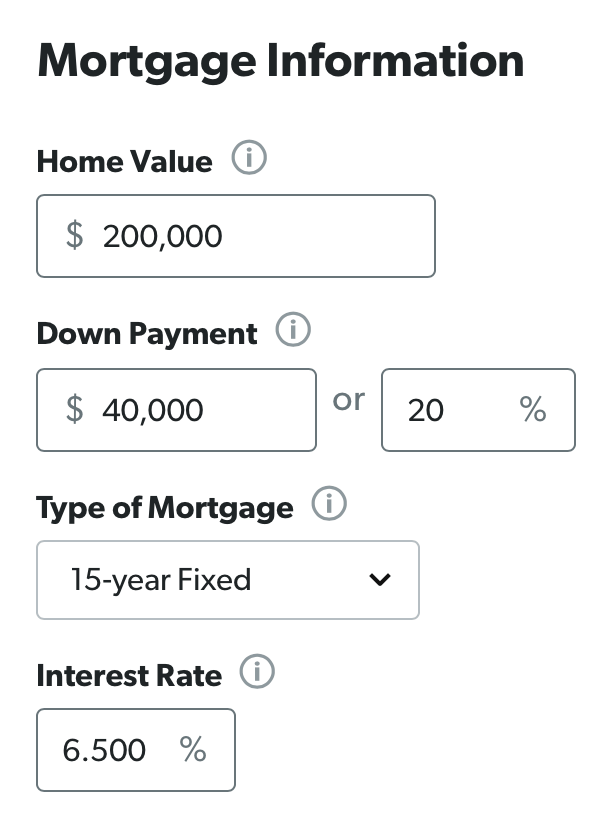Everything You Need To Know
For real estate agents, think of your website as your online business card—it’s the first impression you make on potential clients and a key tool for promoting your property listings. In a competitive market, having an outstanding online presence is crucial. However, the abundance of options and various components can be overwhelming.

In this guide, we’ll walk you through all the steps to develop an outstanding real estate website. From enhancing the design to mastering search engine optimization (SEO), you’ll grasp the essential elements for constructing a high-performing website, making it easier and smarter to expand your real estate business.

Whether you’re building a website from the ground up or revamping your current one, we’ll guide you on creating a website that captivates your audience and turns visitors into valuable clients.
How a Powerful Real Estate Website Can Transform Your Brand
- Increased Visibility and Reach:
- A professional real estate website enhances your online presence, making it easier for potential clients to find you.
- Utilising effective SEO practices can improve your website’s ranking on search engines, increasing visibility and attracting a wider audience.
- Credibility and Trust Building:
- A well-maintained website with quality content, property listings, and client testimonials builds credibility.
- Visitors are more likely to trust a brand with a polished online presence, which can positively impact their decision-making process.
- 24/7 Availability and Accessibility:
- A website allows clients to access property information and your services at any time, providing convenience.
- This availability enhances your brand’s reliability and responsiveness, showcasing a commitment to client satisfaction.
- Effective Property Showcasing:
- High-quality images, virtual tours, and detailed property listings on your website allow you to showcase your listings effectively.
- Providing comprehensive information and visuals can attract potential buyers and differentiate your brand from competitors.
- Lead Generation and Conversion:
- Well-placed calls-to-action and contact forms on your website can facilitate lead generation.
- Engaging content and a user-friendly interface contribute to converting website visitors into potential clients.
- Brand Differentiation:
- A unique and visually appealing website helps your brand stand out in a crowded market.
- Clearly communicating your brand’s values, mission, and unique selling points sets you apart from competitors.
- Marketing and Promotion:
- The website serves as a central hub for your marketing efforts, allowing you to promote your properties, services, and any special offers.
- Integrating social media and email marketing can further amplify your brand’s reach.
8 Must-Have Features of a Real Estate Website
In the digital age, a compelling online presence is crucial for businesses, and the real estate industry is no exception. A well-crafted real estate website can be a powerful tool to attract potential buyers, showcase properties, and establish credibility in a competitive market. To ensure your property website stands out, here are some must-have features that will contribute to its success.

User-Friendly Design:
The first impression is everything, and a user-friendly design is the key to capturing the attention of your visitors. Ensure your website has an intuitive navigation system, clean layout, and responsive design to provide an optimal viewing experience across various devices.
Advanced Search and Filtering Options:

Property seekers often have specific criteria in mind when searching for their dream home. Implement advanced search and filtering options, allowing users to refine their search based on location, price range, property type, and amenities. This feature enhances the user experience and helps visitors find relevant listings quickly.
High-Quality Imagery and Virtual Tours:
Visuals play a crucial role in the real estate industry. High-quality images and, where possible, virtual tours can give potential buyers a realistic sense of the property. Invest in professional photography to showcase the best features of each listing and increase engagement.
Detailed Property Listings
Provide comprehensive details for each property listing, including key information such as square footage, number of bedrooms and bathrooms, amenities, and nearby facilities. The more information you provide, the more confident potential buyers will feel about reaching out for further inquiries.
Clear Calls-to-Action (CTAs)
Guide visitors through the desired actions by incorporating clear and strategically placed calls-to-action. Whether it’s scheduling a viewing, contacting an agent, or subscribing to newsletters, well-designed CTAs can significantly improve user engagement and lead generation.

Responsive Mortgage Calculator
To enhance user experience and provide valuable information, integrate a responsive mortgage calculator. This tool allows potential buyers to estimate their monthly mortgage payments, adding a practical dimension to their property search.
Real-Time Chat Support
Offer real-time chat support to address visitors’ queries promptly. Live chat functionality provides a direct line of communication between your team and potential clients, fostering trust and encouraging engagement.

Social Media Integration
Leverage the power of social media by integrating sharing buttons and feeds directly into your website. This allows users to share their favorite listings with their network, increasing the visibility of your properties and driving more traffic to your site.

Mobile Optimization
With the increasing use of smartphones, it’s crucial to optimize your real estate website for mobile devices. Ensure that all features and functionalities work seamlessly on different screen sizes to cater to the growing number of users browsing on their phones or tablets.
Analytics and Reporting
Implement analytics tools to track user behavior, website traffic, and lead generation. Analyzing this data will provide valuable insights into the effectiveness of your website, helping you make informed decisions for ongoing improvements.
Building a stunning real estate website requires careful consideration of the features that enhance user experience and drive engagement. By incorporating these must-have features, you’ll not only create a visually appealing platform but also establish a trustworthy online presence that attracts potential buyers and stands out in the competitive real estate market.






